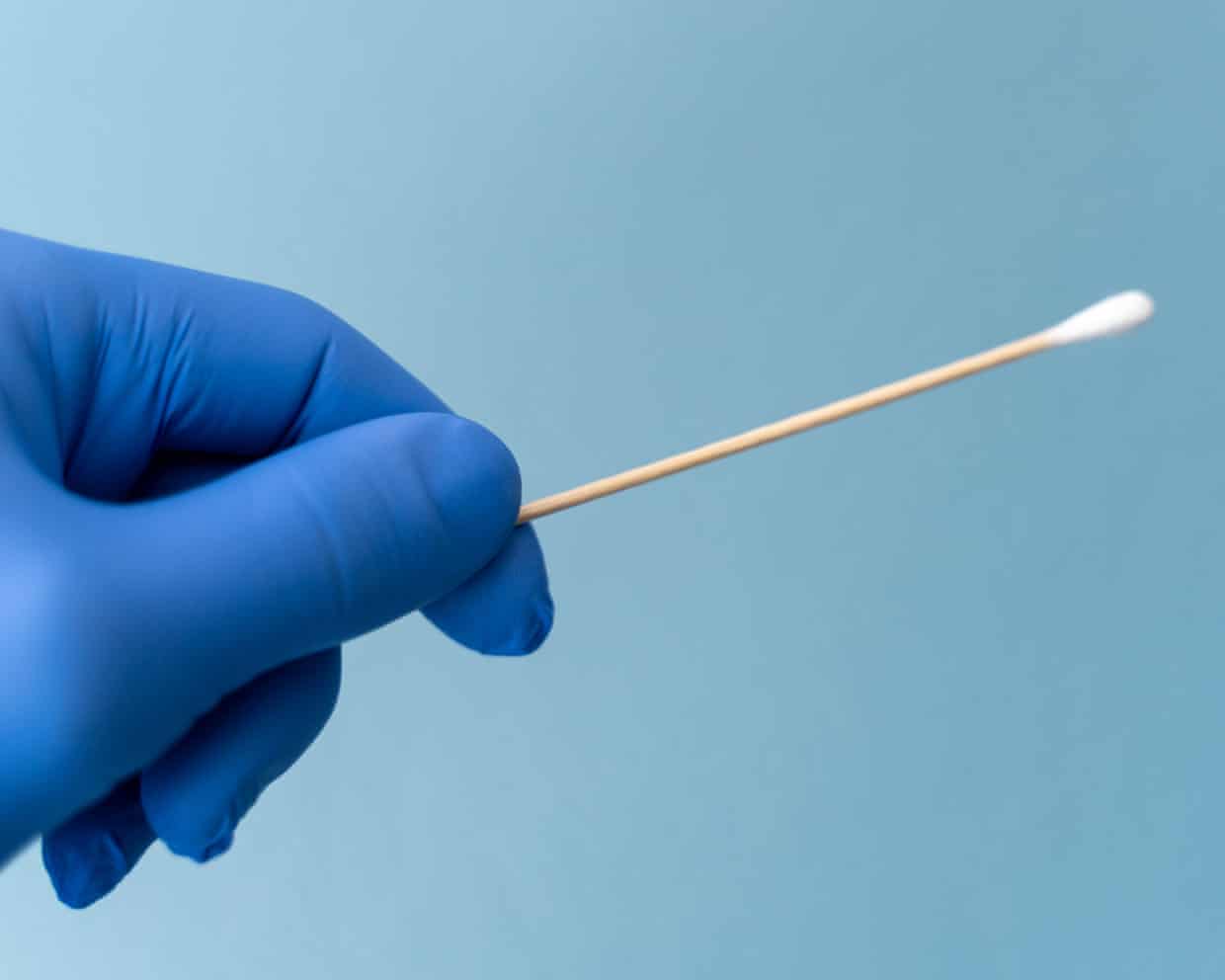Science
Cheek Swab Test Detects Deadly Heart Condition in Children Early

A recent study reveals that a simple cheek-swab test can identify children at risk of a potentially deadly heart condition known as arrhythmogenic cardiomyopathy (ACM) up to five years before a typical diagnosis. This groundbreaking research highlights the importance of early detection, particularly as ACM is linked to over 10% of sudden cardiac deaths in children.
ACM is primarily a genetic condition that affects the heart’s structure and electrical activity due to abnormalities in proteins between heart cells. Often, the condition presents itself without warning, making early diagnosis crucial for preventing tragic outcomes. Researchers found that changes in the proteins associated with ACM can also be detected in cheek cells, providing a non-invasive method for monitoring heart health.
Details of the Groundbreaking Study
The study was presented at the European Society of Cardiology congress held in Madrid, which is recognized as the largest heart conference globally. Experts from Great Ormond Street Hospital and City St George’s, University of London conducted trials involving 51 children, aged between three months and 18 years, who had a known genetic predisposition to ACM.
These participants underwent cheek swab tests every three to six months over a span of seven years. Remarkably, of the 10 children who eventually developed ACM, eight showed detectable abnormalities through the cheek swabs before traditional diagnostic tests confirmed the condition. Additionally, a separate group of 21 children without a known genetic risk also exhibited abnormalities through the swabs, demonstrating the test’s broader applicability.
Researchers confirmed ACM diagnoses through detailed scans and other tests, suggesting that the cheek swab could serve as an effective preliminary screening tool.
Potential Impact on Early Diagnosis
Dr. Joanna Jager from City St George’s, University of London, emphasized the necessity for a rapid and straightforward test to identify potential ACM cases, which can then be further verified through hospital assessments. In the UK, the prevalence of ACM is approximately one in 10,000 individuals, and symptoms may include heart palpitations, fainting, breathlessness, and abnormal heart rhythms.
The research team is also developing home-use swab kits that would allow parents to collect samples easily and send them for analysis. Dr. Angeliki Asimaki, a reader in cardiac morphology at City St George’s, noted the test’s non-invasive nature and its potential to provide timely and accurate diagnoses of ACM, ultimately saving lives.
Dr. Sonya Babu-Narayan, clinical director of the British Heart Foundation, highlighted the urgent need for early detection of ACM, given its potential for sudden onset and life-threatening consequences. She stated, “This kind of simple, pain-free cheek swab test could identify children in the early stages of ACM who need extra care, or provide reassurance to at-risk children and their families with normal test results.”
As research progresses, the hope is that this innovative approach will enhance the safety and well-being of children at risk of arrhythmogenic cardiomyopathy, paving the way for a more proactive stance in pediatric cardiac care.
-

 Science1 month ago
Science1 month agoNostradamus’ 2026 Predictions: Star Death and Dark Events Loom
-

 Technology2 months ago
Technology2 months agoOpenAI to Implement Age Verification for ChatGPT by December 2025
-

 Technology7 months ago
Technology7 months agoDiscover the Top 10 Calorie Counting Apps of 2025
-

 Health5 months ago
Health5 months agoBella Hadid Shares Health Update After Treatment for Lyme Disease
-

 Health5 months ago
Health5 months agoAnalysts Project Stronger Growth for Apple’s iPhone 17 Lineup
-

 Technology5 months ago
Technology5 months agoElectric Moto Influencer Surronster Arrested in Tijuana
-

 Science2 months ago
Science2 months agoBreakthroughs and Challenges Await Science in 2026
-

 Education5 months ago
Education5 months agoHarvard Secures Court Victory Over Federal Funding Cuts
-

 Health5 months ago
Health5 months agoErin Bates Shares Recovery Update Following Sepsis Complications
-

 Technology7 months ago
Technology7 months agoMeta Initiates $60B AI Data Center Expansion, Starting in Ohio
-

 Technology6 months ago
Technology6 months agoDiscover How to Reverse Image Search Using ChatGPT Effortlessly
-

 Science4 months ago
Science4 months agoStarship V3 Set for 2026 Launch After Successful Final Test of Version 2

















